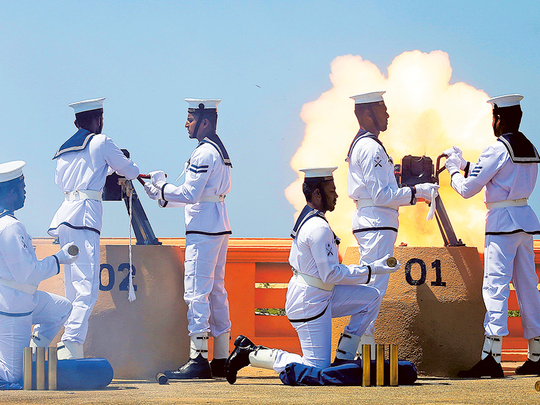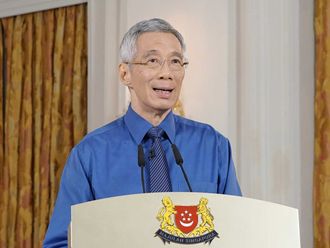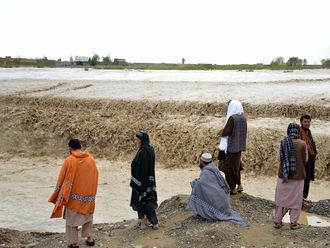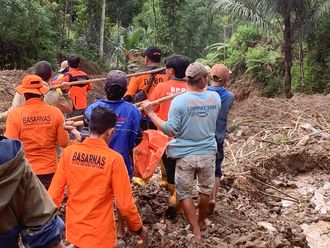
Colombo: Sri Lanka’s President Maithripala Sirisena on Saturday slammed critics of his ethnic reconciliation plan as the country emerges from a decades-long ethnic war that claimed over 100,000 lives.
Sirisena marked the Indian Ocean island’s 69th anniversary of independence from Britain with a promise of ethnic unity despite opposition from hardline nationalists.
“Those who oppose our commitment to ethnic reconciliation and national unity are working against the country,” Sirisena said in an address to the nation.
Stopping short of naming his predecessor, strongman Mahinda Rajapakse, Sirisena said those who oppose him were working against stability and the rebuilding of the nation’s war-battered infrastructure.
“Those opportunists who oppose ethnic reconciliation and national unity are working to achieve their narrow political objectives [of gaining power]. They are anti-national forces,” Sirisena said.
The ceremonies at Colombo’s seafront Galle Face promenade ended with school children singing the national anthem in Tamil, the language of the main minority community, despite opposition from hardliners among the majority Sinhalese.
Last year Sirisena also ordered the national anthem sung in Tamil during independence celebrations, for the first time in over six decades. Tamils called it a “giant step” in ethnic inclusiveness.
The previous government of Rajapakse had banned the singing of the national anthem in Tamil at official ceremonies.
Security forces under Rajapakse crushed Tamil rebels in a no-holds-barred military campaign to end a 37-year separatist war.
Rajapakse refused to investigate allegations that troops under his command killed up to 40,000 ethnic Tamil civilians in the final months of the conflict that ended in May 2009.
While the main Tamil political party joined the main independence day celebrations in Colombo, a handful of Tamils staged a peaceful street protest in the Tamil heartland of Jaffna, 400 kilometres north of the capital.
Protesters wearing black bands demanded that Sirisena agree to an international investigation into war crimes under his predecessor.
The election of reconciliation-minded Sirisena, a Sinhalese, in January 2015 has helped mend relations although core Tamil demands for political power-sharing with the majority Sinhalese are yet to be addressed.
Sirisena has pledged to set up special war crimes courts, but there has been little progress on accountability in the past two years.
Tamils account for just over 11 per cent of the island’s population of about 21 million and are demanding greater autonomy.












